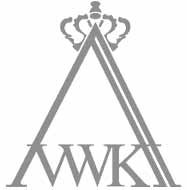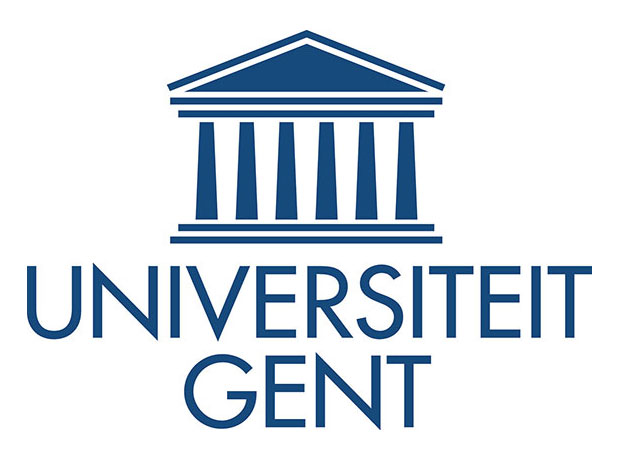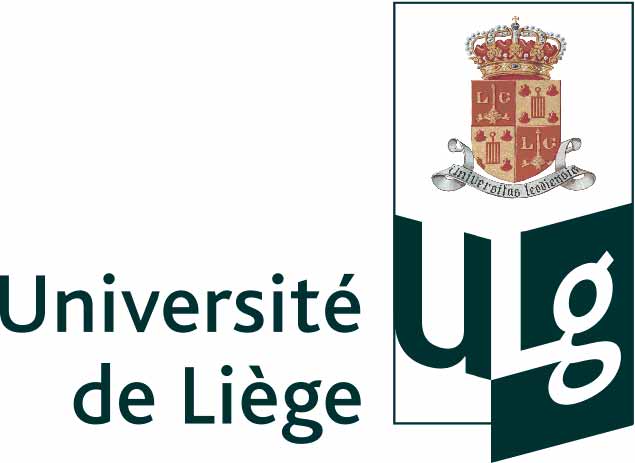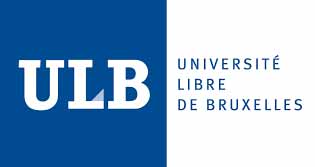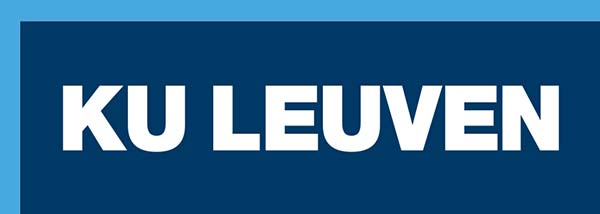|
Special Workshops
At the conference four workshops are organised around specific themes, in parallel with the technical sessions with oral presentations. Two of the workshops are focussing on topics which have been discussed at previous EESD-conferences (‘wicked problems’ and ‘educational games’), two others are focussing on new topics (‘blue energy/growth’ and ‘social innovation’). Below a description of each of the workshops is given.
Only participants at the EESD2016-conference are admitted at the workshops. However a pre-conference registration is mandatory. There are only 20 places per workshop. Registered participants will soon be invited by email to indicate if they want to participate in one of the workshops.
There are as well two special workshops for preparing networking amongst partners, but these are only upon invitation by the chairs.
Workshop I - How do I know if my students can handle wicked sustainability problems?
(Monday 5 September 2016 at 11 am)
Svanström, Magdalena, Department of Chemistry and Chemical Engineering and Lönngren, Johanna, Department of Applied Information Technology, Chalmers University of Technology, Gothenburg, Sweden
In engineering education for sustainable development, it is increasingly recognized that training on problem-solving needs to address ill-structured, wicked, real-world problems that are characterized by a high degree of complexity, open-endedness, and the presence of conflicting goals and perspectives. However, predominant engineering education practice rarely provides adequate training for dealing with these kinds of problems. Most engineering degrees provide students with ample opportunities to learn analytical, decompositional problem solving strategies. While such strategies are powerful tools for solving closed-ended, well-defined and decontextualized problems, they are not sufficient for dealing with wicked problems. Thus, engineering education practice would benefit from a greater focus on training students to deal with wicked problems.
Efforts to address sustainability in engineering education naturally introduce opportunities to develop students' abilities to deal with wicked problems because most sustainability problems are naturally wicked. However, due to the fundamentally different nature of wicked sustainability problems and of traditional engineering textbook problems, it is not enough to simply change the subject content in engineering courses to include sustainability themes. Students need to actively develop skills such as integrative and iterative approaches to problem solving. To support such learning, educators need to develop new approaches in teaching and assessment.
This workshop aims to support educators in developing such approaches. Specifically, the workshop focuses on how to assess to what extent students are developing the desired skills. During the workshop, we will discuss some of the main characteristics of wicked sustainability problems and a preliminary set of intended learning outcomes for engineering education related to such problems. The main part of the workshop will be devoted to hands-on activities in which participants will discuss practical examples and generate new ideas for assessing these learning outcomes in their own teaching practice.
Workshop II - Teaching Sustainable Development: a Web Based Toolkit (Tuesday 6 September 2016 at 9 am)
Jon-Erik Dahlin, Department of Energy Technology, Royal Institute of Technology (KTH), Sweden.
In this workshop you will get acquainted with the Snowflake Education toolkit for teaching sustainable development to engineering students.
The toolkit is a web based platform that enables teachers in various engineering courses to easily integrate a sustainability subsection into their subject courses. The toolkit includes a set of different classroom and off-classroom activities such as online lectures, homework assignments, coursework readings, computerised exams, and teacher instructions on how to give game seminars.
The user (teacher) chooses which activities to include in his/her course by checking boxes in an online web tool. A web page is then automatically created where the students can login to access course instructions, submit assignments, perform exams, and receive feedback from their teacher.
The toolkit is versatile and can be adjusted or amended according to the specific needs of the individual course it is used in. Or it can be used in its default format as a fully developed course-ready-to-use.
In this workshop we will demonstrate the Snowflake Education toolkit and some of the educational games included in the ready-to-use-seminars.
For more information, see www.snowflakeeducation.se/eesd16/.
Workshop III – Social innovation (Tuesday 6 September 2016 at 11 am)
Trainers from Oksigen Lab for Social Entrepreneurship
Social innovation refers to tackling societal challenges with novel, more efficient, effective and sustainable solutions than the current ones. These novel ideas and solutions which create social value are often co-created (and financed) by non-profit, public and private actors. A circular economy provides a solution for important environmental challenges in our societies like pollution and waste management.
In this workshop we explore the interlinkages between the two concepts – social innovation and circular economy - on a theoretical and practical level, illustrated with cases. The profiles, competencies of these cases will serve as discussion input with and amongst the workshop participants. The two key questions of the group discussion are the following:
- Which functions are engineers taking up more and more in the creation of social innovative solutions to challenges related to material management, technical design and business modelling?
- How could engineering education prepare tomorrow’s engineers to play their role in social innovation in the best possible way?
| 